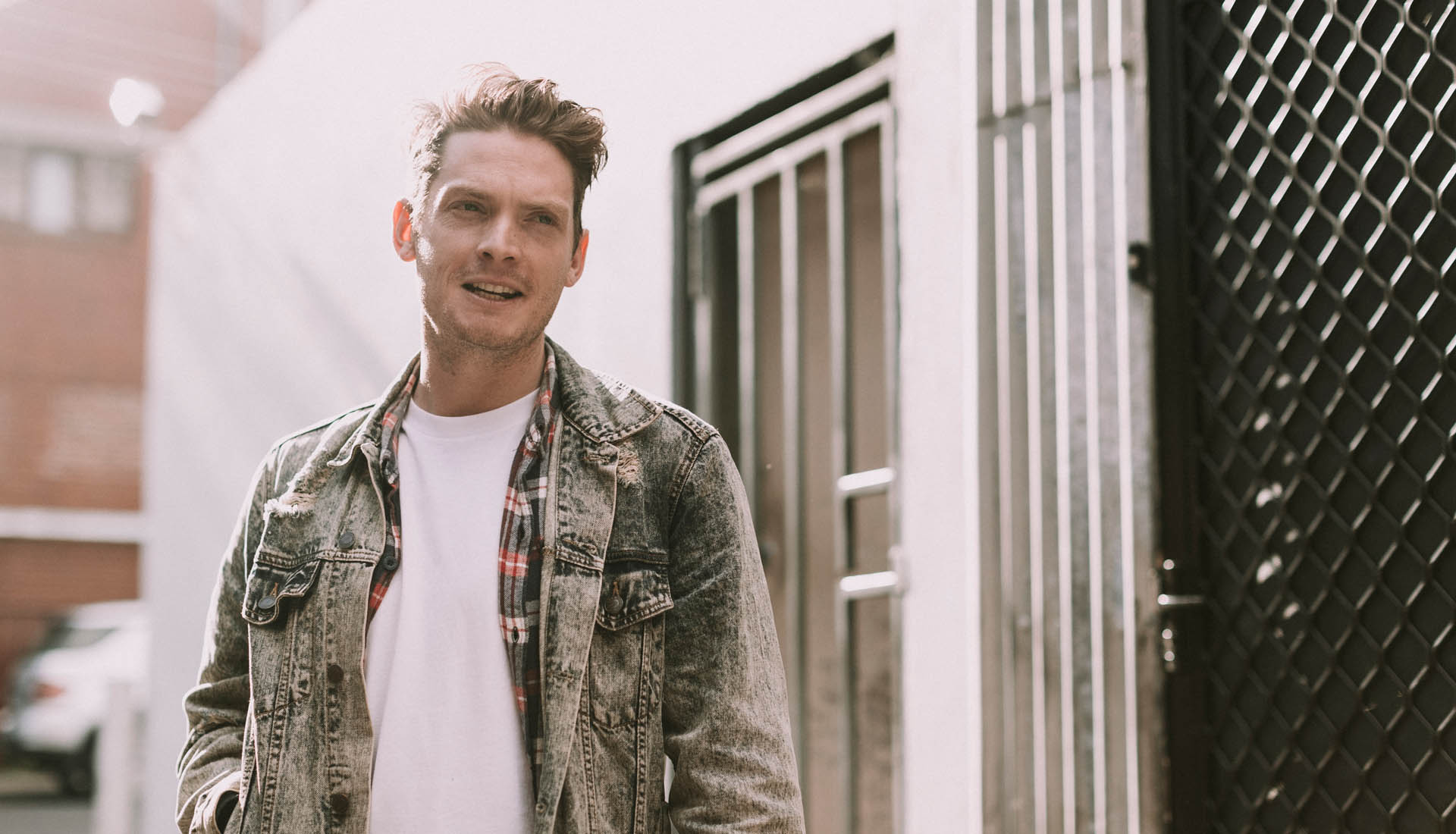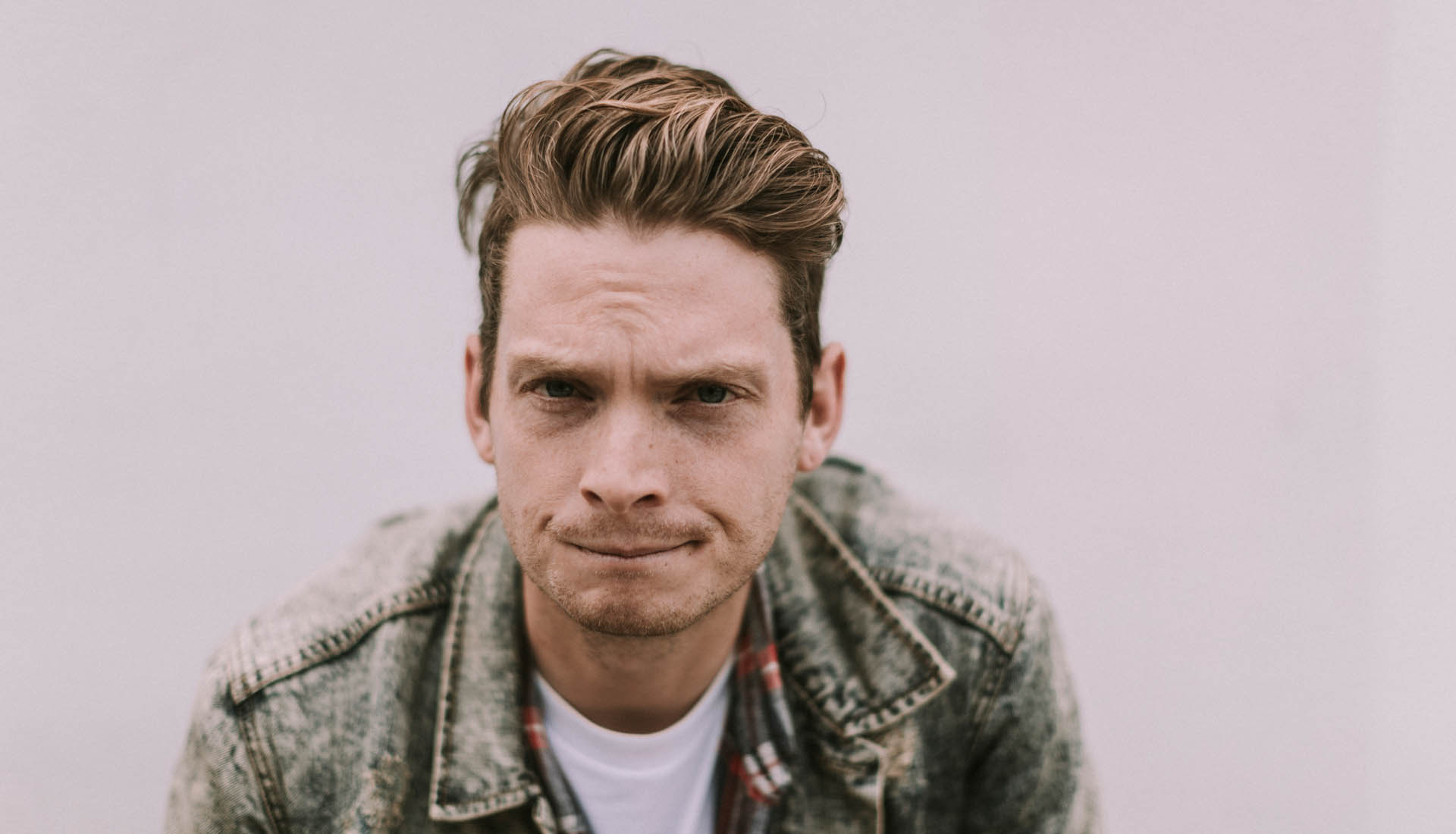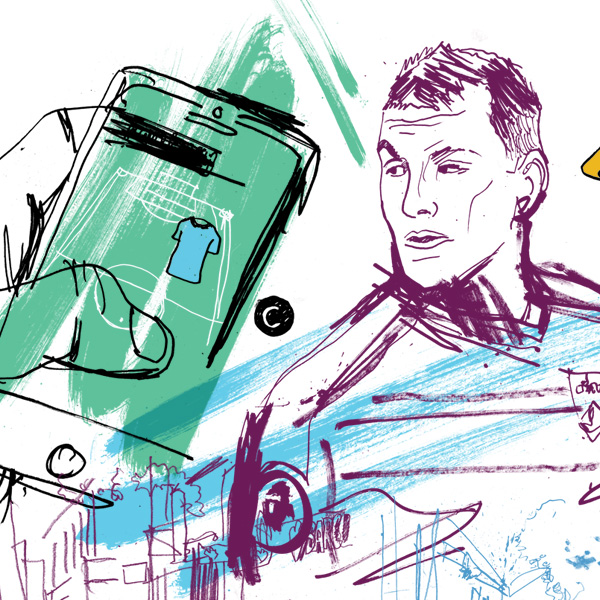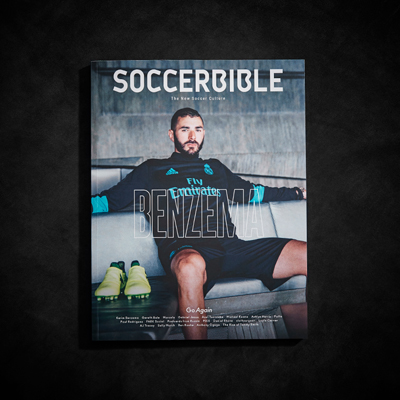Re-addressing the way paralympic football is presented, the story inspired story of Ben Roche, captain of the Pararoos, is triumphant. We sit down with the man making waves in places where others aren’t.
When the Australian Paralympic football team was faced with cuts to their funding, the future looked bleak for those proud to represent their nation. A support network and a motivational source for many, it’s an outlet symbolic of the notion that says everyone deserves a shot. Ben Roche is a player who embraces an elite battle. Restoring funding as well as faith – he helped to ensure the national side didn’t fall into extinction – he’s a man on a mission to reset the way people look at disability in football.
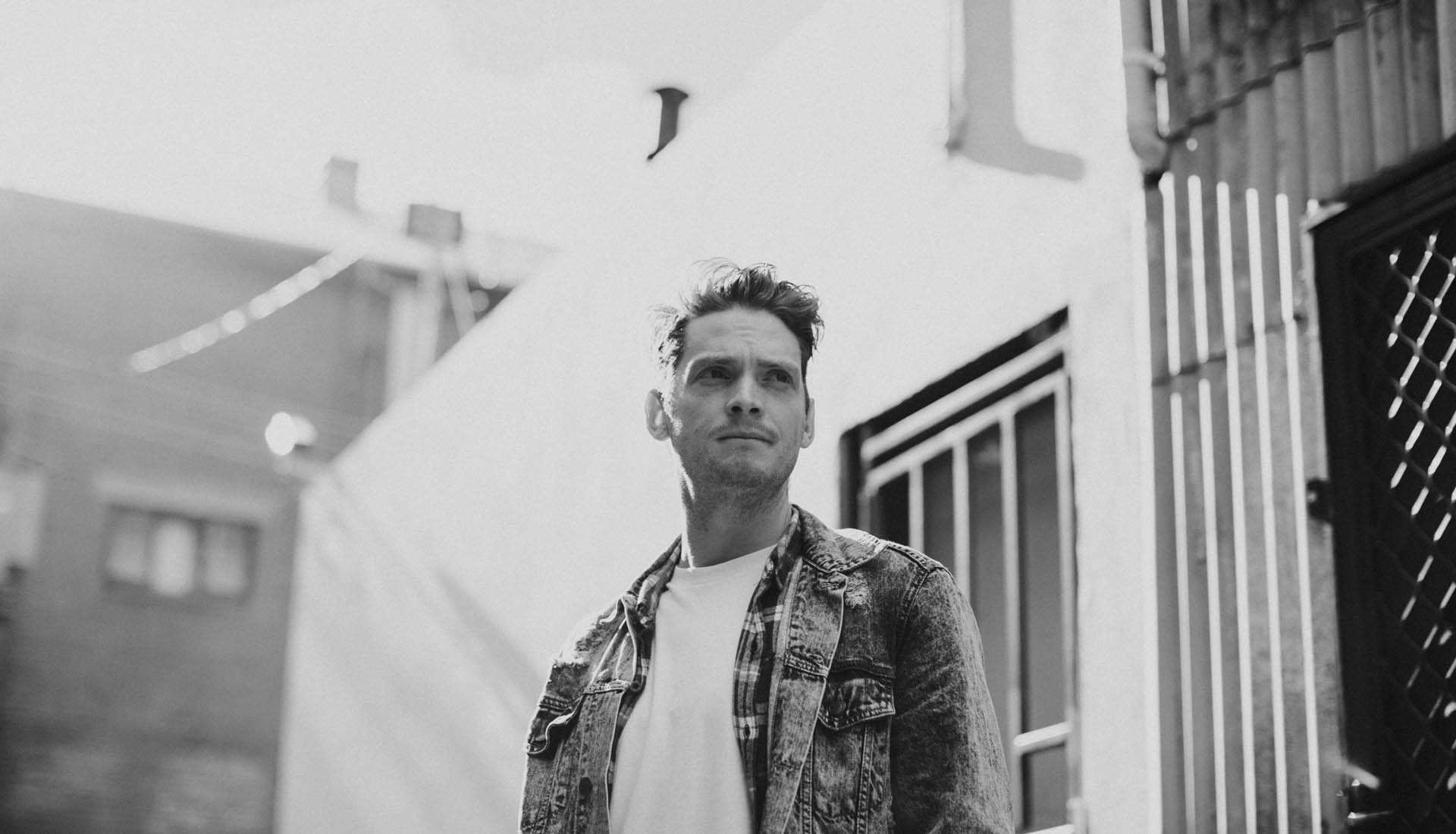
So let’s go to the early days. Where and when did your love affair with football take hold?
I remember my first team, I was about six years old. Growing up with cerebral palsy, it was probably the first sport that I felt comfortable in. My first taste of being involved in a team and I fell in love with it pretty quickly. I was shit at it, I was terrible until I really started to understand what it offered me. That’s when I really tried to immerse myself in it. From there I played junior seasons and things like that, and when I was 12 years old, I went on a family holiday to Canberra in Australia, which is not necessarily a holiday destination, but it’s where the Institute of Sport is based and through there, I discovered this Paralympic football for kids with cerebral palsy and brain injuries. There was no pathway or things like that, it wasn’t really known about, but I was lucky enough to fly up and experience a training camp there.
From 12 years old, I was really thrust into it. I got to train with the team every couple of months and then from there, eventually went to my first tournament, just to experience it and there was no turning back from there really. That’s when I knew what I wanted to do and I just grabbed hold of it.
What was it like growing up a football/soccer fan in Australia? Was there many of you around?
It’s changed a lot and it’s growing rapidly. It’s the biggest participating team sport in Australia now, which is huge, but in saying that, there’s still only 1.1m people playing it regularly in Australia. Growing up it was a sport that was actually considered gay – it was considered ‘soft’ for want of a better word, so there were some weird stereotypes while I was growing up. It’s funny to see kids wearing jerseys now ahead of other sports. It blows my mind a bit because back then it was like, if you knew a team in the Premier League then you knew your
soccer. Back then, you could only buy an Arsenal, Liverpool or Man Utd shirt at a sports store, if they had them at all. So football was definitely kept low key. I probably didn’t even start calling it football until the last five or six years because you would just get laughed at. It was a very different experience.
Were you captivated as a fan as much as a player or has it always been about playing?
Yeah, where possible. I remember when I was younger, I had a friend who went on a family holiday to England and got to go to some games and I pretty much just thrived off his stories for a while and the things he got to witness. Then, again, from that I tried to immerse myself in it as much as possible.
Over time it’s obviously become a lot more accessible to see footage from games. And as it’s developed on this side of this world you can see that in the level of quality of football that is coming through the Paralympic system now too. It’s such a strong level. The players are put through proper systems and they are playing at the highest level possible able-bodied and it just really lifts the standard. I think for a long time, players had disabilities first but were good at football. Now it’s footballers first who just happen to have a disability. There’s just a much stronger understanding of the game and it’s a lot more natural now I think.
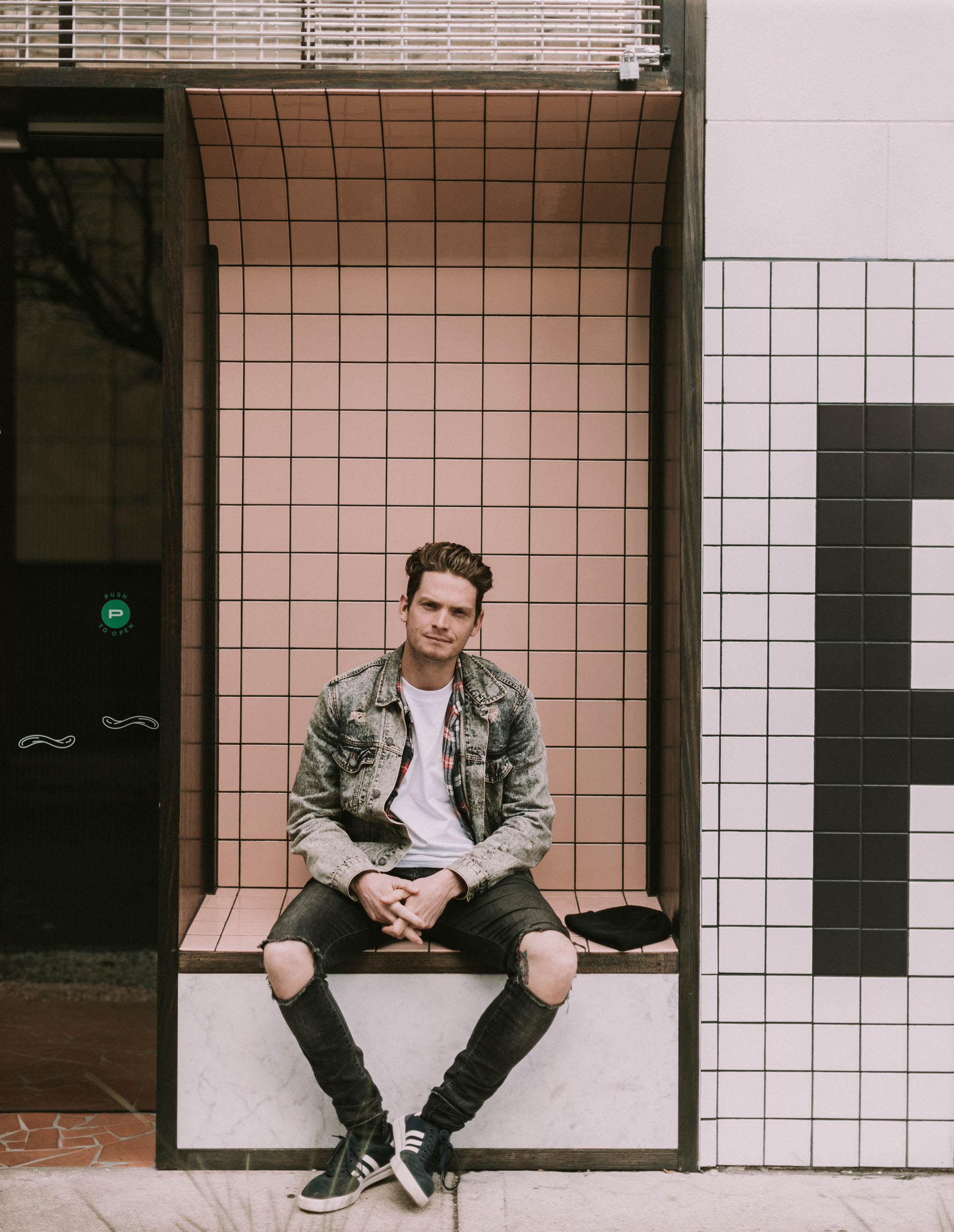
Can you talk us through your experience having cerebral palsy and what that meant for you growing up, what that was like?
Kids are cruel. If you have a disability, you’re obviously going to face some bullshit. Whether it’s bullying – bullying in any terms – it may be verbal or physical or anything like that. You definitely face a lot of tough challenges like that, but I think I was quite lucky though. Because I got into the Paralympic football at quite a young age, I saw what was possible. Not only did I get the opportunity to travel the world to play football but with the people I met it was incredible. With disability, the word ‘inspirational’ gets thrown around a lot and I get a bit funny about it because these people are not inspirational because they have a disability, they are inspiring just because they do insane things, but don’t give a fuck. I met these guys when I was 12 years old – that blew my mind. One was a doctor on top of playing football, one was studying to be a teacher, people who owned their own business and I just thought that was really cool. Despite their disadvantages or whatever you want to call it, they weren’t letting anything stop them.
I took lessons like that on at an early age. I was a happy kid, probably quite highly strung as I have quite high expectations of things. I like things to go my way because I want things to go right, but I was lucky to have a really supportive family that helped me through some of those challenges at an early age. Football acted as a therapy for me and for a lot of us. A lot of things I do now, I wouldn’t be able to do if I didn’t have football. Still to this day I implement it on a daily basis as my physiotherapy, as my occupational therapy because if I stop and let my body just be, it tightens up, it deteriorates, it does everything of that sort. So I’ve got to look after it and football gives me a way of looking after myself as well as doing something I love.
Your journey with the Pararoos has been turbulent where funding is concerned. That’s got to provide a whole other challenge for you as players?
Again, I got that taste quite young. We’ve always had very limited funding and limited support, so we had to be very disciplined individuals. It’s all for no money too, we’re not paid to play football – it’s on top of life, but you do it for the opportunity to represent your country, to play against the best teams in the world. You had to be disciplined, you had to want to push yourself, you had to want to knock down a few boundaries along the way and ultimately remove a lot of those stigmas around disability in proving to people what you’re capable of. That’s important.
I think the programme of Paralympic football has always been a bit of a rollercoaster. Sometimes there has been times when funding is really good, we’ve had good training facilities and good equipment, but then two years later you could be back to square one and fighting for funding. The last few years especially, we’ve had serious funding issues whereby it’s been completely wiped off. As a team, because of the challenges we have faced in our personal stories, there’s no way we want to give it up. If we just let the team end or Paralympic football in this country stop, it’s going to affect thousands of people. If the federation had just let us go quiet, that’s what would have happened, it would have stopped. These programmes that we’ve created around the country, that goal that they were all aiming for, would be gone.
I think that now the programme is in the best position it ever has been. We’ve got proper corporate support. We’re training monthly as a team, we have medical staff, a coaching staff, everything is at the level it should be and it’s showing that we are football players, we can play at a higher level and we want to be recognised for that. It’s come a long way, definitely.
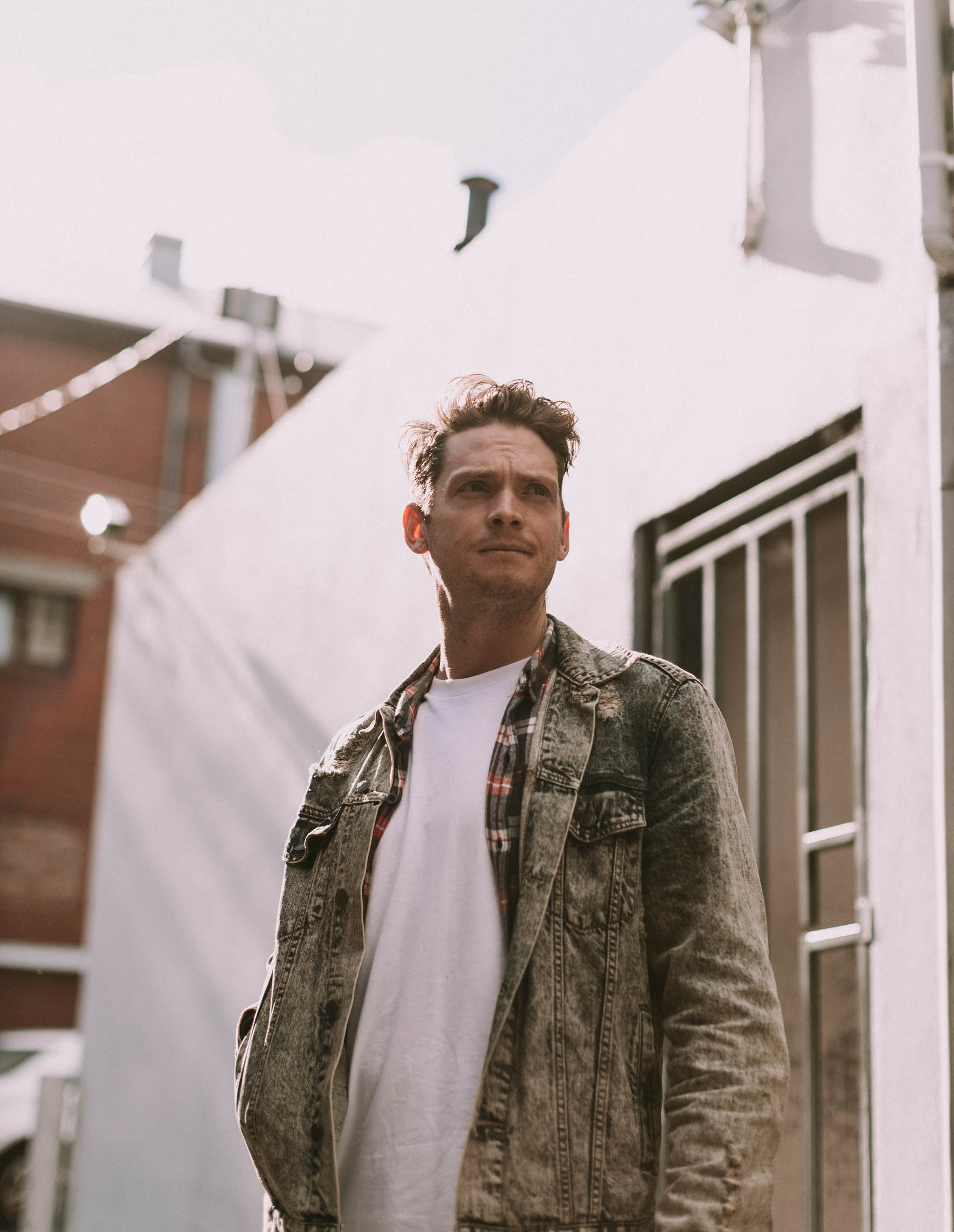
Talk about fight. You created a film and pitched it to people on the brink of having all funding cut, which effectively saved the Australian Paralympic set up. Can you tell us about that?
Yeah, I mean I couldn’t believe it when I heard that funding was going to be cut. I’ve spoken with so many people who it resonates with instantly who just tell me it all sounds fucking dumb. There’s got to be opportunities for everyone, surely?
We lost funding in 2014 as we were preparing to qualify for the Rio Paralympics. The reason the funding was cut was because the Australian Sports Commissioner, who delegates the funding, have a ‘winning edge’ policy. I’m not sure what it’s called around the world, but they will fund projects where they think there’s a chance of winning a medal. Firstly, football isn’t that big in Australia but our funding was cut because we weren’t likely to win a medal in Rio. I have a few issues with that policy – it’s ruining the grass roots level, where kids end up stopping at a young age because they’re not enjoying it. Additionally, as a team, we have a top ten ranking. Eventually it became all about the money. We were much higher ranked than the men’s team or the women’s team at the time but there was no financial gain by supporting us.
For me, it was an example. We were the one team sport out there available for people to get involved with in our country with disabilities like ours, like cerebral palsy. Cerebral palsy is the most common physical disability in Australia in children. A child is born every 15 hours with cerebral palsy so it’s out there. On top of that, you’ve got acquired brain injuries and strokes happening on a daily basis, so it’s frustrating that we had such a block on what we were trying to do.
So we got a petition together that got hundreds of thousands of signatures on it. We got mainstream media and the Football Federation of Australia set up a funding model through what they call the Australian Sports Foundation – basically it made us available for tax deductible donations. What happened was, we got to England in 2015 for our qualifier for Rio but we had limited preparation. We got there with the help of the FFA but our chance in qualification was quite low. So once we returned from England in 2015, it went quiet again and they wrote to us last year and said there’s no funding for us this year. The problem with that was, we were 12 weeks out from going to Denmark. If we didn’t go to Denmark then the programme would have stopped completely because that was part of the qualifying process for the next four years.
We just had to react quickly and that’s when I teamed up with a friend and created a video to fight the cause. I only had two days to do it because the FFA was having a board meeting and I wanted to send it to all their board members. I collected all their email addresses and I sent it to them directly. It was all a very quick turnaround. I just wanted to try and get the message across of the importance of us as team. We did that, it was spoken about and the FFA committed to helping us get the money together to go over to Denmark.
From there, we had a couple of fundraising dinners and tried to share our story with as many people as possible. I think it was only about three weeks before we left that we had the money to go over there. We got to Denmark, which in reality was only one part of it. We then had to get the results to back it up. We got a couple of wins, which were enough to get us to the world championships in Argentina in September.
I think for us football is huge, but it’s always a bigger picture thing about what it offers the next generation of kids. They’ve all got to face the same challenges we did. Whether it’s social, mental wellbeing, physical wellbeing, it was everything that came with football. So that was the message we wanted to get across as a team. It’s much deeper than just the game. That was probably the toughest thing to face. It’s not like there’s loads of content on there that shines a light on this. It’s hard to find any photos or video footage of us because
there wasn’t much love in the first place.
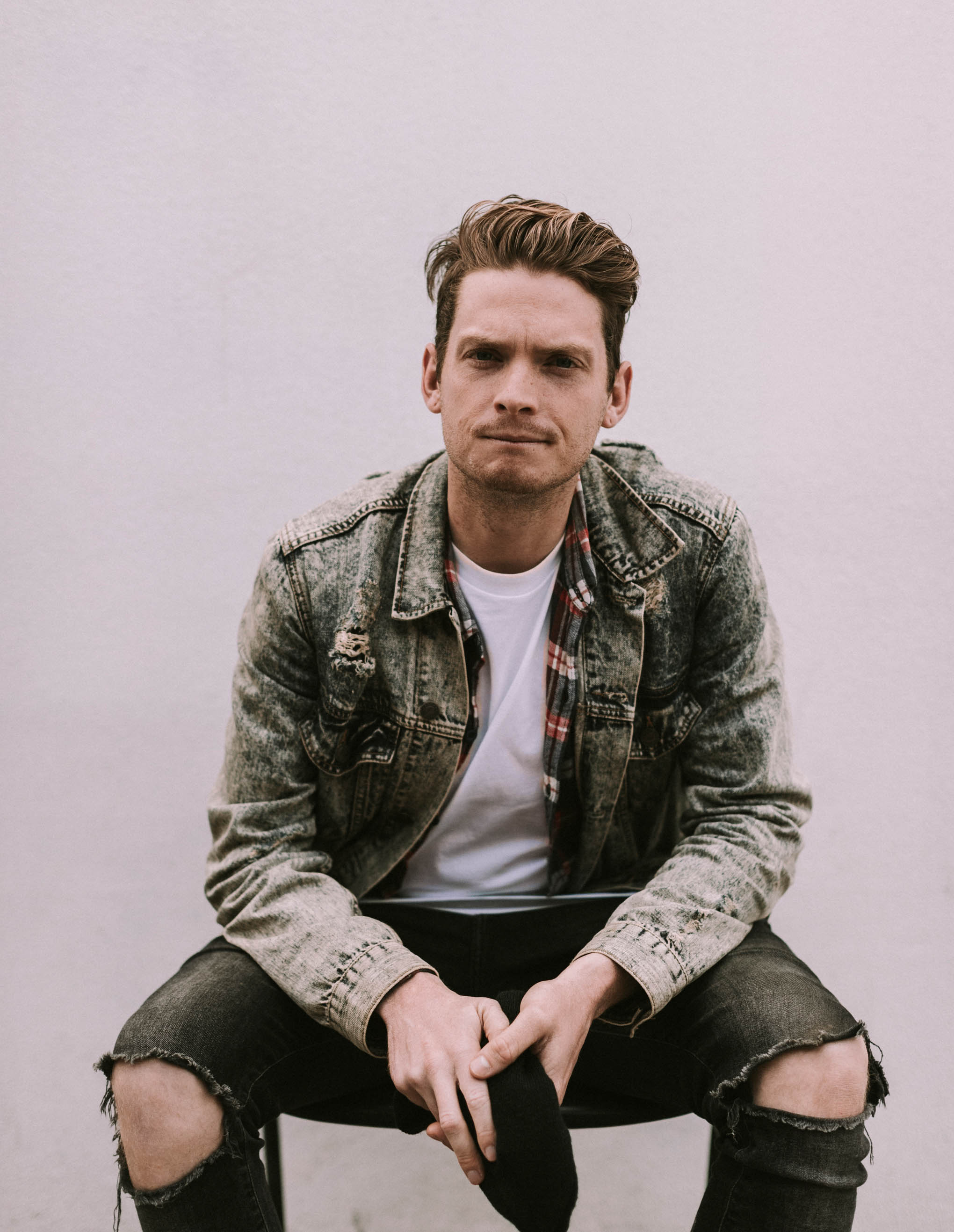
So where does your attention go looking forward? What is the state of play as you look towards Argentina and beyond?
Now, my focus is to create as much content and build the Pararoos’ image because by doing that, the opportunities are huge. There are amazing programmes popping up across Australia and more and more kids with disabilities are playing, and whether they end up playing for the Pararoos or they play socially, there’s got to be an option. It’s come a long way. We’ve got shirt sponsors now for Argentina. It’s not 100% perfect but it’s slowly improving. We’re very reliant on people being generous enough to open their wallets and dig into their pockets to help support our cause.
I think a big thing for me is showing the world that disabilities can be cool. I would love to see people see something looking at what it’s like to live with a disability and it not being like a pat on the back and met with a, “I hope you do ok” kind of feeling. The people I have met who are overcoming disabilities are doing some damn-cool stuff and there’s a whole image to it and what it’s about that people don’t see.
Is Argentina a bit of a pinnacle or icing on the cake for the squad?
I think having something like that to shoot for, it pushes you in your training and it pushes you because we’ve now built up support from so many people that we can’t let them down. You put a lot of pressure on yourself because you want to succeed, but there’s no better feeling than putting that jersey on. It’s a privilege to be able to represent your country and it’s an incredible feeling. Knowing what we have had to do to get there, it adds a new level of appreciation and fight. As a team we want to surprise a lot of people. We’re quietly confident in what we are capable of, and our style of football. Our head coach has been on board for the last two years and I think he’s really helped us all fall back in love with football, despite all the behind-the- scenes stuff. I think we can upset some teams. Argentina is going to be the first step into an exciting couple of years, most definitely.
Photography by Aleksandar Jason for SoccerBible
